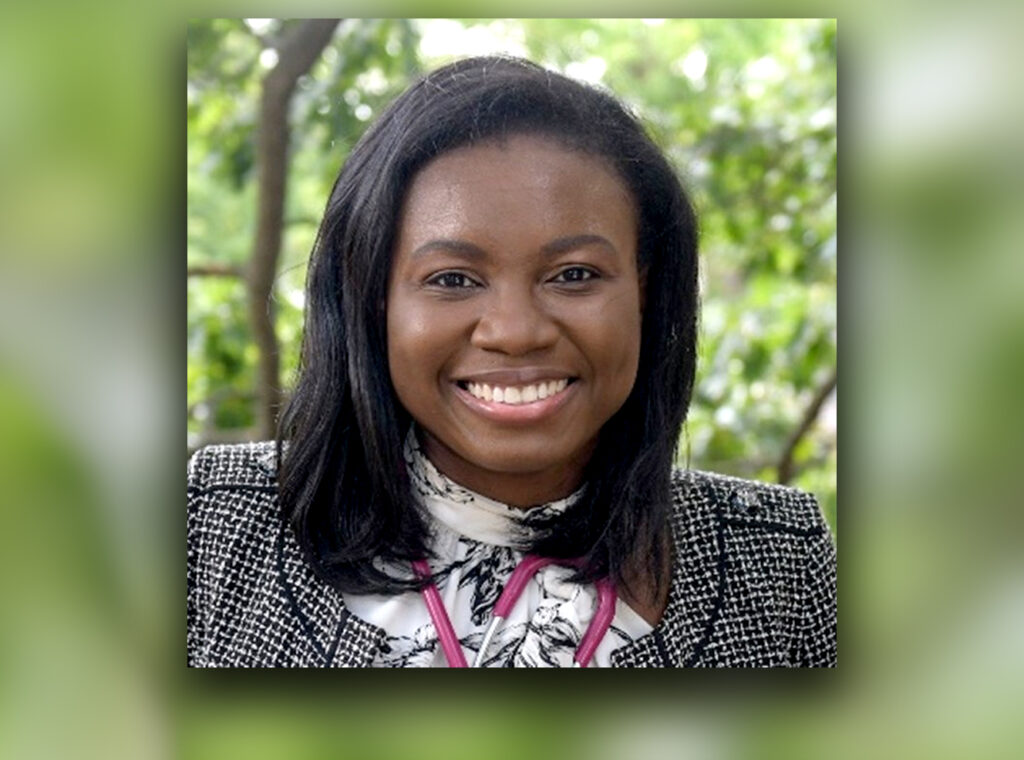As we age, most of us think about how we want our assets earmarked for our family and loved ones. That’s usually the easy part. You may feel the more difficult step is deciding if and when to include your family in the estate planning process.

Sometimes, the best way to put your mind at ease is to proactively prepare for the future. Spend some time thinking about what’s important to you and the message you want your family to hear.
- Listen to understand, not respond.
- Talk about your thoughts, opinions, beliefs, and life experiences.
- What are some of your worries, and your hopes?
- If you could pass along life lessons to your children, and grandchildren, what would they be?
- What are your biggest worries as you think about planning your estate?
Why Involve Family in Planning?
You don’t have to have all the answers before you talk with your family. It’s starting the discussion that matters. Here are important reasons to involve your family in your estate planning process.
- You may want their input, which is different from asking their permission.
- You want to secure your own peace of mind that your affairs are in order.
- You want to ensure that your heirs and your priorities are taken care of.
- Your planning should reflect your values and priorities.
Naming a gift in your will to a charity, like Massachusetts General Hospital, may be an appropriate way to express your values. But if the first time your family learns of your charitable intent is at the reading of your will, you’ve lost the opportunity to share what charitable causes you support and what matters most to you.
If you talk to your family while you’re making your estate plan, you can explain why charitable giving is important to you. They will remember how you included them and that is reason enough to start the discussion.
If you are considering Mass General as part of your estate plans, we are here to help. Please contact us at 617-643-2220 or mghdevpg@partners.org. You can also download a complimentary copy of our estate planning guide at giving.massgeneral.org/EPguide.






